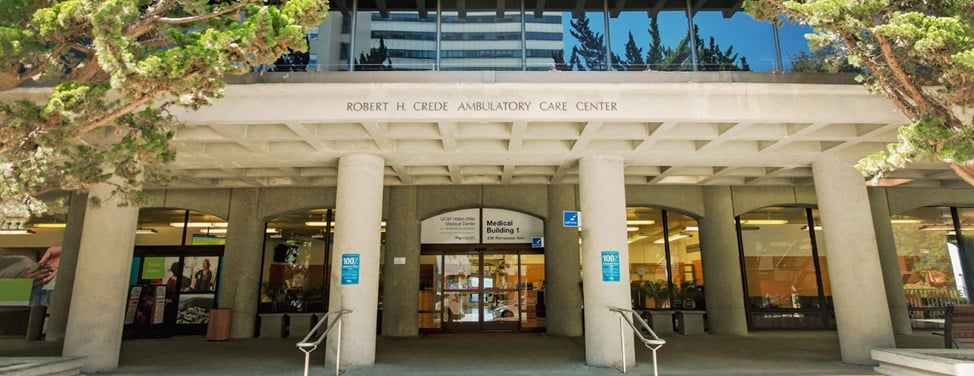What is catheter ablation?
Catheter ablation, also called radiofrequency catheter ablation, is a technique used to treat arrhythmia, an abnormal heart rhythm created by a disturbance in the heart's electrical system. Catheter ablation destroys or disrupts parts of the electrical pathways that cause arrhythmias such as atrial fibrillation (AF). With this minimally invasive treatment, developed by UCSF experts in the 1980s, patients usually leave the hospital within a day of having the procedure. This is much shorter than the week-long hospital stay and months of recovery that are required after open-heart surgery.
Who can benefit from catheter ablation?
Catheter ablation has become the treatment of choice for patients with arrhythmia who do not respond well to drug therapy or who are prone to rapid heart rates. Catheter ablation is also a good option for:
- AF patients with heart failure, who can experience significant side effects from drug therapy
- The elderly who are prone to suffer side effects from drug therapy
- Women of childbearing age who cannot take medications that may pose potential health risks to a fetus


















